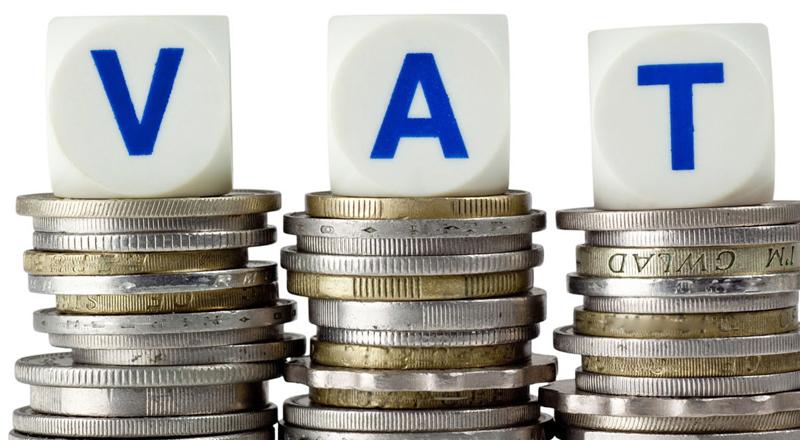
If there is to be a successful VAT system in a country, once the policies are set in relation to the rate, exemptions and liabilities, frequent changes should not be effected to such policy, a tax expert said.
“Frequent changes more often than not bring about a more unfavourable status, detrimental to most of the stakeholders in the final analysis,” Principal, Tax & Regulatory, KPMG Sri Lanka, Suresh Perera said.
He said the fees paid by the patients witnessed an increase due to the change. However, with the VAT-free status to be granted from July 1, 2018, though theoretically the price hike experienced in 2016 should be reversed, in practice it may not happen.
As much as there is no mechanism for monitoring that there is no excessive price increase due to increase in rate, there is also no mechanism to ensure that there will be an appropriate reduction of prices attributable to medical services due to the removal of VAT. Hence sometimes, the intended benefit to the public may not materialise to the extent expected.
Though in Singapore and New Zealand, which are considered model GST/VAT jurisdictions, there is no relief for healthcare and medical services including medicine. Other countries including European Union countries provide relief for identified healthcare services. One may observe that in Saudi Arabia and the United Arab Emirates, two of the countries which embraced VAT recently, have also provided relief for identified healthcare services.
By the GST Amendment Act, No. 11 of 1998 all healthcare services provided by medical institutions and professionally qualified persons was exempted.
This exemption continued under the VAT regime until 2016. In the process of reducing a plethora of exemptions in 2016, a policy decision was taken to terminate the VAT exemption applicable to medical services rendered by medical institutions and professionals with effect from November 1, 2016 by VAT Amendment Act No. 20 of 2016.
However, the same amending Act revised Section 5 of the Principle VAT Act so that in computing the value of supply of healthcare services three items would be excluded i.e. cost of diagnostic tests, dialysis and services provided by the Out Patients Department.
The said Amendment Act empowered the Minister of Finance, from time to time, in consultation with the Health Minister, to prescribe the costs which may be excluded for the purpose of computing the value of supply of healthcare services liable to VAT. Gazette Notification No. 1991/17 of November 1, 2016 specifically excluded the cost of healthcare services in computing the value of supplies of healthcare services liable to VAT, other than fees paid to medical practitioners, medical consultations, channeling and hospital room charges.
VAT is applicable on the four items mentioned above.
Now, the Government’s announcement is to ensure that there will no VAT on fees paid to medical practitioners, medical consultations and channeling, with effect from July 1, 2018. However, hospital room charges will continue to be liable to VAT. This announcement can be legally effected by issuing a new Gazette under Section 5 of the VAT Act to amend the previous Gazette issued on November 1, 2016, without amending the Principle Act itself.
However, the Gazette to be issued by the Minister of Finance should be approved by the Cabinet of Ministers and by Parliament for it to be effective from July 1, 2018.
It must also be noted that in addition to the healthcare services, pharmaceutical products, drugs, artificial limbs, crutches, wheelchairs, hearing aids, white canes, braille typewriters, high tech medical equipment, identified ayurvedic products, Homeopathic, Unani, Siddha preparations and surgical gauze used for surgery are also exempt from VAT.
